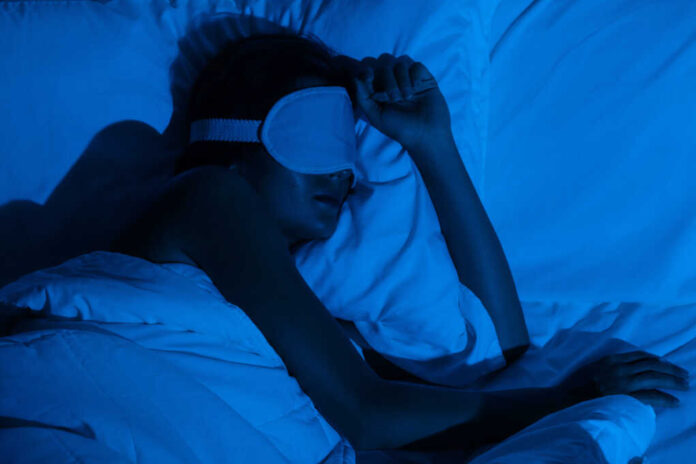
Sleep, in its silent, unassuming role, profoundly influences every element of our physical and mental well-being.
Far from being a mere pause in our waking lives, sleep encompasses a complex interplay of stages, each with its own significance to health, cognition, and recovery.
The Science of Sleep Stages
The sleep cycle is divided into non-REM and REM stages. Non-REM sleep includes three stages: light sleep (stages 1 and 2) and deep sleep (stage 3).
Each stage plays its own unique role in health and recovery, with a night of sleep cycling through these stages multiple times.
- Light Sleep (Stages 1 and 2): This stage serves as the gateway to deeper sleep, marked by a decrease in heart rate and body temperature. It accounts for 50-60% of total sleep in adults, acting as a foundation for memory consolidation and neuronal recovery.
- Deep Sleep (Stage 3): Deep sleep is the most restorative stage, crucial for physical recovery, immune function, and growth hormone release. It plays a pivotal role in memory consolidation and cognitive function. Adults typically spend 20-25% of their sleep in this stage.
- REM Sleep: REM sleep is associated with dreaming, emotion regulation, and memory consolidation. It accounts for approximately 20-25% of sleep in adults. This stage is critical for cognitive functions such as learning, problem-solving, and creativity.
The Ideal Balance
The optimal sleep architecture varies by age, with infants requiring more deep sleep for development and older adults often experiencing lighter sleep patterns.
For most adults, the ideal sleep cycle includes a balance of these stages, typically involving:
- 50-60% light sleep,
- 20-25% deep sleep, and
- 20-25% REM sleep.
Achieving this balance is key to reaping the multifaceted benefits of sleep, from physical recovery to cognitive enhancement.
Enhancing Sleep Quality
Improving sleep quality involves more than increasing sleep duration. It requires enhancing the proportion of deep and REM sleep. Strategies for achieving this include maintaining a regular sleep schedule, creating a sleep-conducive environment, and managing stress levels.
Avoidance of caffeine and electronics before bedtime can also promote deeper sleep stages.
The Ripple Effects of Sleep on Health and Performance
The impact of sleep extends beyond mere physical health, influencing emotional regulation, cognitive performance, and even decision-making abilities.
A balanced sleep cycle supports not only physical recovery but also enhances learning, memory, and creativity. It’s a cornerstone of mental health, with disruptions in sleep patterns linked to increased stress, anxiety, and mood disorders.
Armed with a greater understanding of the ideal amount of deep, light, and REM sleep, you can take more proactive steps to improve their sleep quality. This knowledge serves as a foundation for making informed lifestyle choices that prioritize sleep, recognizing it as a powerful ally in our pursuit of a balanced, healthy life.






















